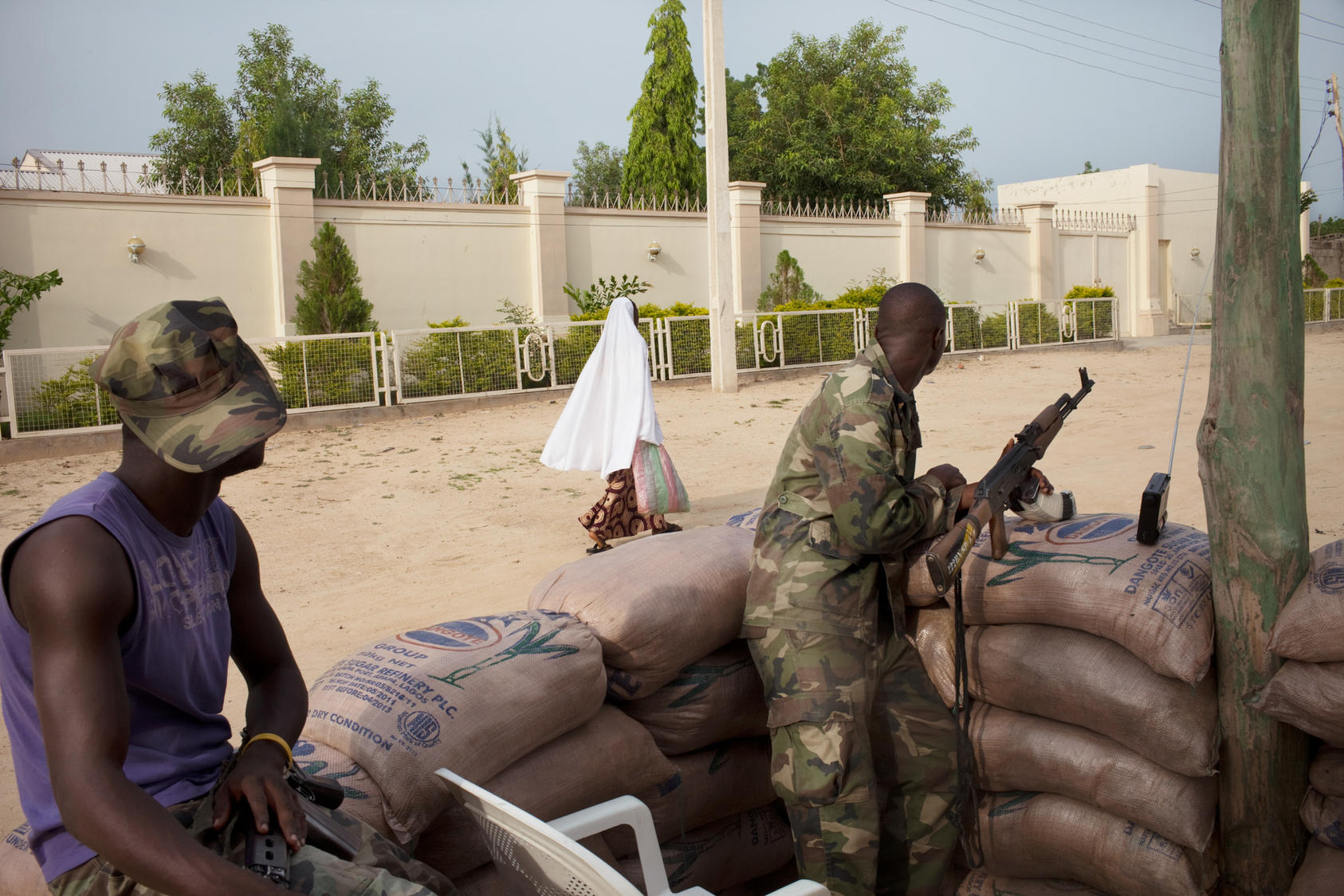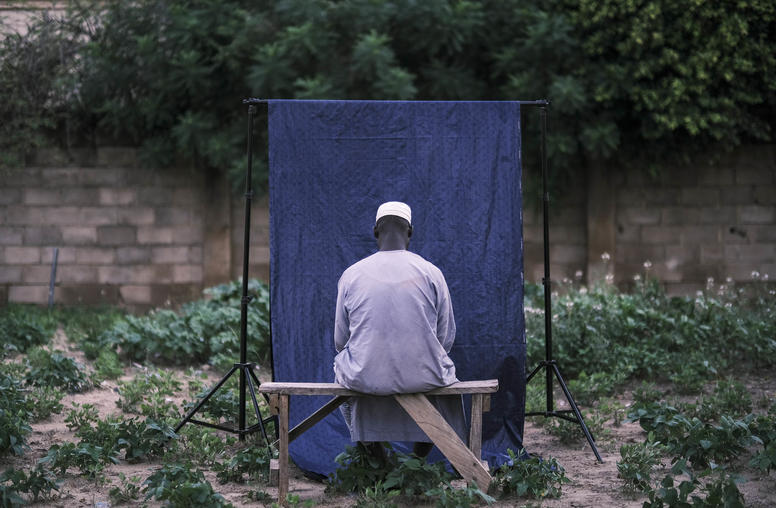A recent flare of attacks in northern Nigeria by the militant group Boko Haram illustrates the potential for more widespread unrest, especially as the country nears elections next month, and the trend highlights the need for political leaders to take action to prevent further violence, USIP experts say.

News reports in the past week have tracked attacks in and around the town of Baga in Nigeria’s most volatile state of Borno, where violence has killed more than 15,000 people since May 2011, according to the Council on Foreign Relations. Local officials say the streets of Baga are strewn with so many bodies that counts are unreliable, ranging from dozens to hundreds or more, according to Deutsche Welle and BBC News. About 30,000 people have died in Nigeria in 3 ½ years from violence linked to the insurgency by Boko Haram in the north and other militant groups elsewhere in the country, including in government military operations as well, according to CFR.
President Goodluck Jonathan is running for a second term at the helm of Africa’s biggest country and the continent’s largest economy. He faced criticism that his approach to countering the insurgencies has become overly militarized and that he hasn’t adequately sought to bridge differences with opponents. Experts from USIP and other institutions participating in a role-playing exercise in December during a daylong PeaceGame concluded that widening political rifts, increasing militant attacks and plunging oil revenues are escalating the risks of more widespread violence.
“There’s a lot of concern about the potential for violence” around the planned Feb. 14 general election, said Susan Stigant, director of USIP’s Africa programs. “The priority right now should be to get the key political parties and key leaders to commit to refraining from violence during the election period.”
The violence in northeastern Nigeria has forced almost 1 million people from their homes, said former Assistant Secretary of State for Africa Ambassador Johnnie Carson, now a senior advisor to the president of USIP. He cited figures from the Nigerian election commission.
Current law in Nigeria doesn’t allow displaced citizens to vote outside their own precincts, and the government has failed to take action to amend that restriction, which mostly affects northern areas, the home of Jonathan’s key rival in the election. There also are concerns about the feasibility of holding elections in three northern states that are under a state of emergency and worst-hit by the Boko Haram violence.
BBC News cited a senior government official in Borno as saying that Boko Haram controls Baga and 16 neighboring towns. Some reports say Boko Haram has taken control of 40 percent or even 70 percent of Borno state, though it’s difficult to verify the scope.
“Boko Haram’s capacity to strike across the northeastern part of Nigeria has continuously expanded over the last several years, and in fact has intensified over the last 12 months” Carson said.
The group has demonstrated the ability to attack government buildings, police stations, schools, post offices and military bases, he said. Several news agencies reported this week that Boko Haram had taken over a base near Baga last weekend.
“The capacity of the government to stop these attacks has not proved to be successful, and Boko Haram continues to be able to act at will in many parts of the northeast, including across the border into Cameroon and also into Niger,” Carson said.
In the medium term after the election, “the new government will need to bring together political parties and diverse communities to prioritize the crisis in northern Nigeria as a national issue and take steps to address effectively the root causes,” Stigant said.
Viola Gienger is a senior writer at USIP.



